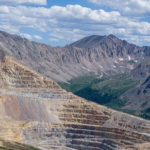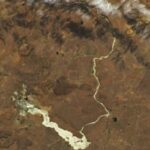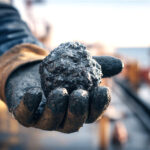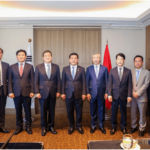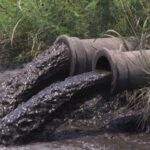Deep beneath the ocean floor off the coast of Minamitorishima—Japan’s easternmost island—lies a treasure trove of rare earth elements. Scientists estimate this deposit could meet global demand for centuries to come.
Discovered in 2013, the high-quality rare earth deposit boasts a staggering 16 million tons. This discovery could significantly reduce the world’s reliance on China, which currently dominates the rare earth market.
Japan plans to begin small-scale deep-sea mining in January 2026, with private sector supply expected by 2028. However, the primary challenge lies in the exorbitant costs and technical complexities of extracting resources from depths of up to 6,000 meters around Minamitorishima.
Takahide Kiuchi, a senior economist at Japan’s Nomura Research Institute, notes that each exploratory mission using advanced deep-sea mining technology is projected to cost over 150 million yen (approximately $1.3 million).
Additionally, experts highlight the need for Japan to construct new refining facilities to process the minerals extracted from the Minamitorishima region.
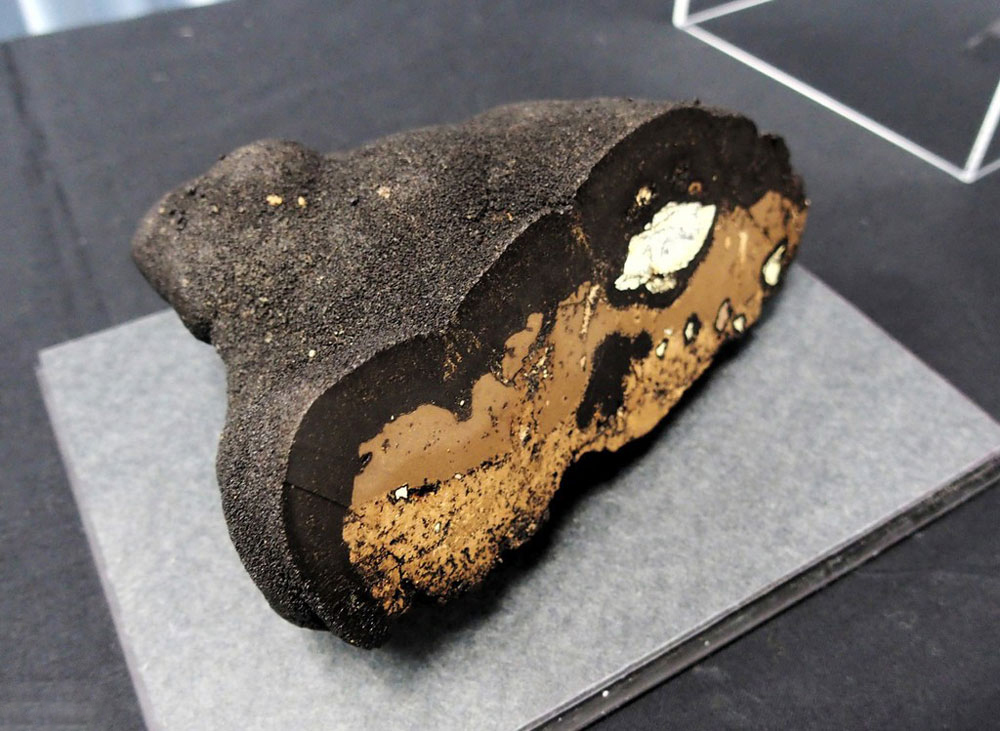
A cobalt-rich rock sample recovered from the seabed near Minamitorishima, Japan. Photo: CHINA DAILY
“Fluctuations in rare earth prices or government subsidies could make this resource commercially viable, but currently, that possibility remains low,” remarked Kazuto Suzuki, an economic security expert at the University of Tokyo’s Graduate School of Public Policy, in an interview with The Straits Times.
While this deposit may not immediately challenge China’s dominance, it could emerge as a viable medium- to long-term solution if extraction technologies become more cost-effective.
Rare earth elements encompass 17 essential metals critical to manufacturing a wide range of products, from electric vehicles and aircraft engines to wind turbines, medical lasers, semiconductors, and military weapon systems.
China, which currently holds a near-monopoly on rare earth processing, has repeatedly imposed trade restrictions and export controls on these vital materials.
In April, Beijing restricted exports of seven rare earth types, adding five more to the list by October, along with implementing more comprehensive regulations. This move prompted a strong reaction from the U.S., with President Donald Trump recently threatening a 100% tariff on Chinese imports.
The Pacific Ocean’s 21 Billion-Ton Treasure Trove, Millions of Years Old: 19 Nations and Corporations Stake Claims for Exploration
Deep beneath the Pacific Ocean lies a potential treasure trove that could reshape the future of global energy.


























